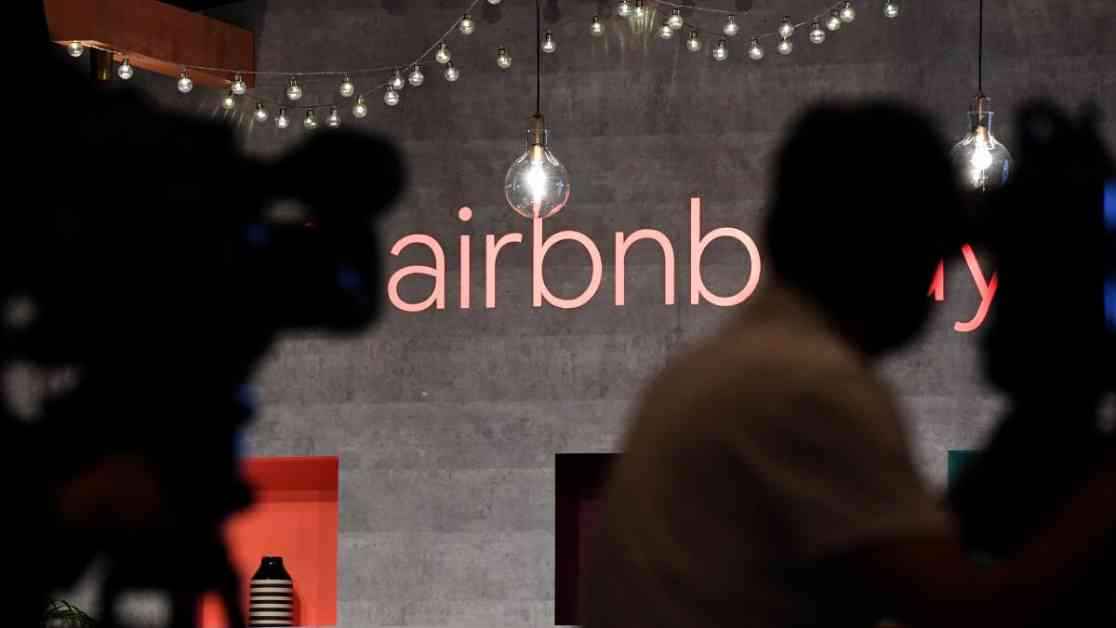Airbnb’s Free Housing Vouchers for Fire Victims: A Blessing or a Curse?
In the aftermath of the devastating fires that swept through Southern California this past January, Airbnb stepped up with a commendable initiative: free housing vouchers for displaced victims. The program garnered widespread public praise, with local and national media outlets hailing the effort and urging those affected to apply for assistance. However, as the dust settled, a different narrative emerged—one of frustration, disappointment, and skepticism.
Unfulfilled Promises and Frayed Hopes
Many fire victims who turned to Airbnb for shelter found themselves facing insurmountable hurdles. Some reported submitting applications only to never receive a response, while others lamented receiving vouchers that were effectively unusable due to stringent restrictions and a short seven-day expiration window. The sentiment was echoed by Todd Smoyer, a resident of Altadena whose home was destroyed in the fires. Despite receiving a $1,000 voucher from Airbnb, he was unable to apply it to a stay he had already booked, leaving him out of pocket for thousands of dollars in temporary accommodation costs.
For Smoyer, the ordeal began with a frantic phone call to his parents, tears streaming down his face as he fled his neighborhood with his dogs in tow. The harrowing experience of losing his home was compounded by the bureaucratic red tape and logistical challenges of the voucher program. “It just feels like a PR stunt,” Smoyer remarked, encapsulating the disillusionment felt by many victims who found themselves caught in the crossfire of good intentions and flawed execution.
A Tale of Two Experiences: Relief and Resentment
Eleanor Green, another evacuee from La Cañada Flintridge, shared a contrasting experience of relief followed by frustration. After spending $1,500 on two Airbnb stays, she received a $2,000 voucher from Airbnb. However, her hopes of recouping some of her expenses were dashed when she learned that the voucher could only be used for future bookings, not retroactively. The sense of betrayal she felt was palpable as she reflected on the missed opportunity to provide meaningful assistance to those in need.
Meanwhile, Christoph Gorder, the executive director of Airbnb.org, defended the program’s design, emphasizing the logistical challenges of retroactive voucher applications. He acknowledged the limitations of the current system but expressed a commitment to expanding the program to offer an additional 40,000 free nights to fire victims. The goal, he asserted, was to provide immediate relief to those in crisis while working towards more inclusive solutions for the future.
The Human Cost of a Well-Intentioned Initiative
As stories of missed opportunities, financial burdens, and bureaucratic missteps continue to surface, the true impact of Airbnb’s housing voucher program comes into sharp focus. For Graham Fortier, who lost his home in Altadena and incurred significant expenses in securing temporary accommodation, the program’s shortcomings have left a bitter taste. Despite receiving a $1,300 credit from Airbnb, he was unable to apply it to a pre-booked stay, resulting in a loss of thousands of dollars.
Fortier’s poignant words capture the heartache and frustration felt by many fire victims who saw the voucher program as a lifeline that ultimately fell short of its promise. The program’s inability to adapt to the evolving needs of those it sought to assist underscores the importance of flexibility, empathy, and genuine support in times of crisis. As communities grapple with the aftermath of the fires, the lessons learned from Airbnb’s well-intentioned yet flawed initiative serve as a sobering reminder of the power of compassion and the pitfalls of performative altruism.


